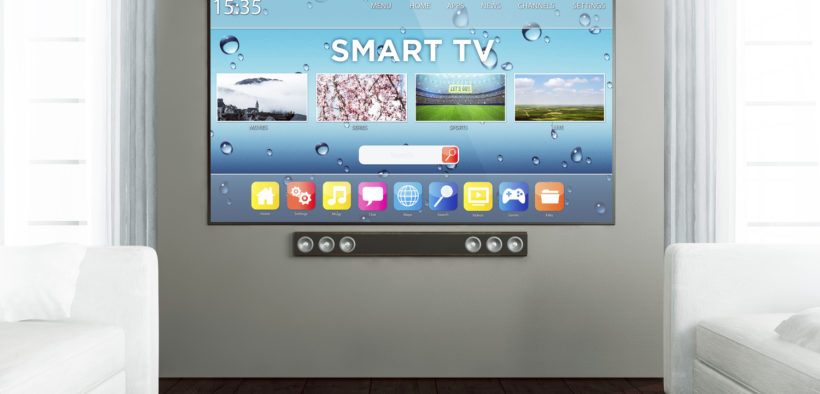Smart TVs: Everything You Need To Know

Almost all the TVs on the market today call themselves smart TVs. But what exactly is a smart TV? And how do you distinguish between a TV and a smart TV? What does a smart TV offer? These are some of the most frequently asked questions. Here’s what you need to know:
What’s a smart television? What are its benefits?
Regular TVs have been around for many decades now. These so-called idiot boxes have been upgraded to Smart TVs. Previously, the only job for a standard TV was to receive a signal from an HDTV antenna, cable or another A/V source or satellite. It was sufficient to fulfill the needs of those days. But in today’s connected world, people are seeking something smarter. Smart TVs are pretty similar to smartphones and other smart home devices. You can connect the TV to the internet and use apps on it. This helps to open new world entertainment, from streaming video on various entertainment networks to playing games, browsing social media, and even controlling connected gadgets, including smart home devices such as Amazon’s Alexa, Google Home or any other device, per se.
Newer iterations of models now include a common feature of voice recognition which helps you to use your home automation devices like Amazon Alexa and Google Assistant to switch between channels and for searching programs. Many of the smart TVs also connect with the smart speaker that you might already own. Also, generation by generation, they are gaining more integrated smart home features. Many new smart TVs are compatible with other connected devices in the home, such as lights, door locks, and thermostats. It also gives you feeds from your security camera or helps you ring the doorbell, or control your robot vacuum and other sensors. Some TVs include a dedicated dashboard for controlling all of the devices connected to your smart home. Smart TV is after all a TV and hence it does support the likes of cable and satellite to browse channels. Although, with Wi-Fi, you can also access various streaming networks such as Amazon Prime, Hulu, Netflix, etc. There are many other apps to assist you such as a calculator, calendar, reminder, etc.
Why should you buy a smart TV?
A smart TV costs almost $100 more than a standard TV that lacks these smart services. But sooner or later, the price difference will quickly evaporate as most sets will come with smart services built-in. Higher-end TVs often offer more than just connected services. Smart TVs have better video and audio processing. In other words, they provide a better picture quality and enhanced audiovisual experience to the user. A smart TV has more HDMI ports than a standard TV. This might not sound like a big deal at first, but practically, if one of your HDMI ports stops responding, you can directly switch to another HDMI port rather than having the same port fixed over and over again. This makes a smart TV more value for your money and just shows that it is more than an internet connection and apps. With so many features coming along with it, it’ll be a better option for you to buy a smart TV, as opposed to a standard TV set.
























